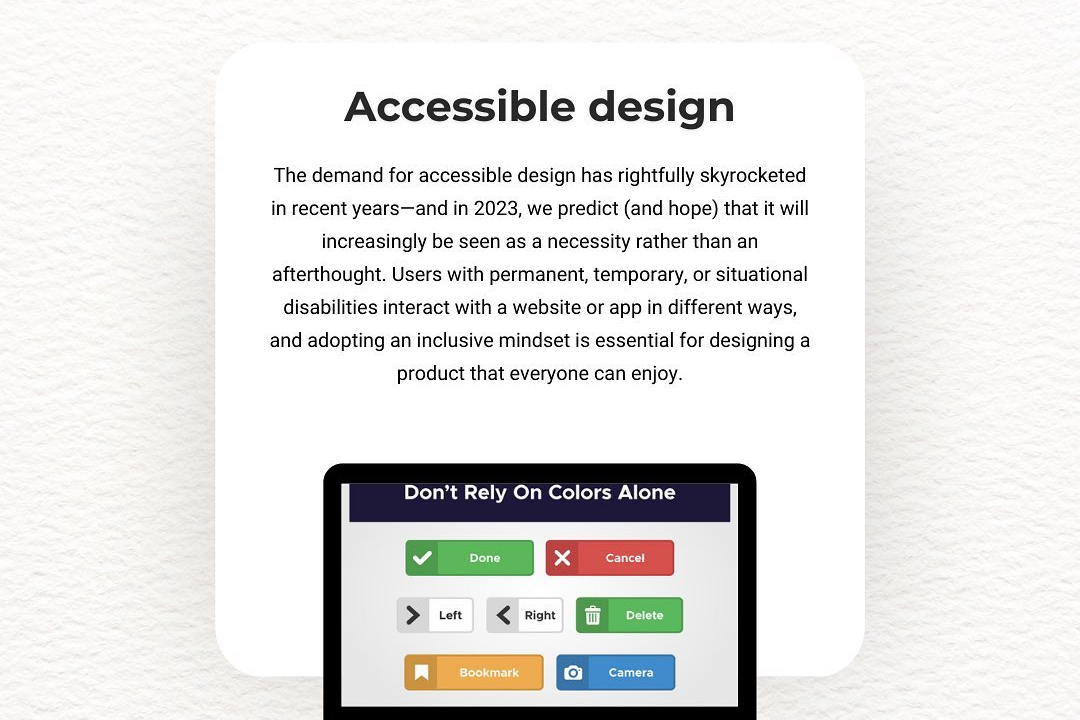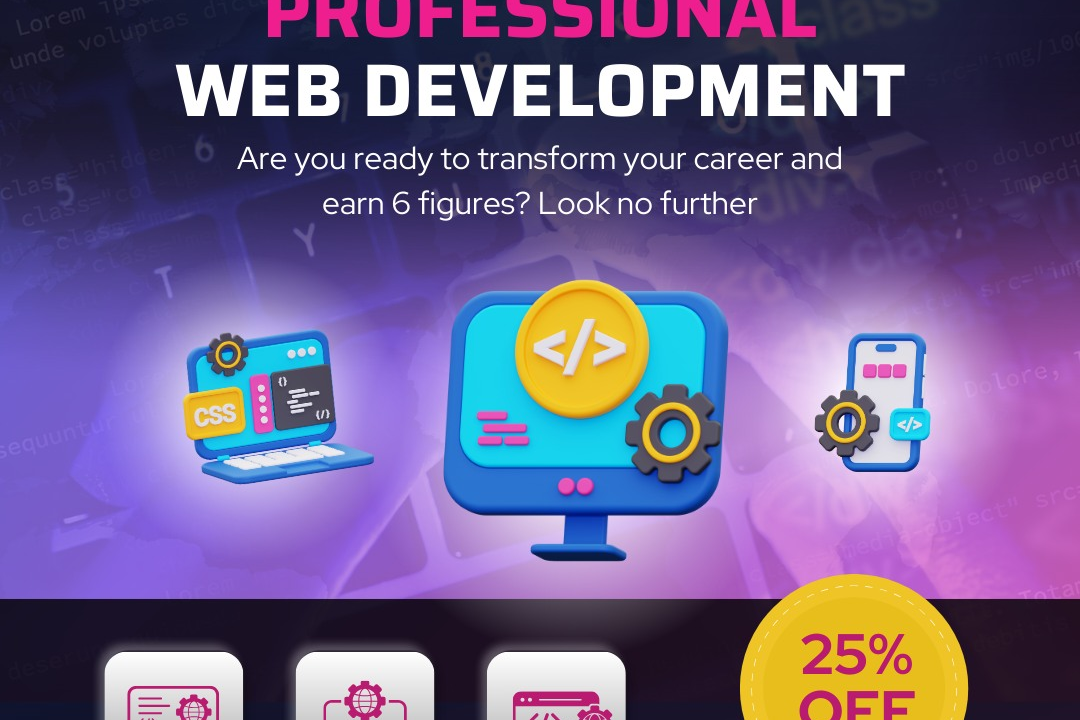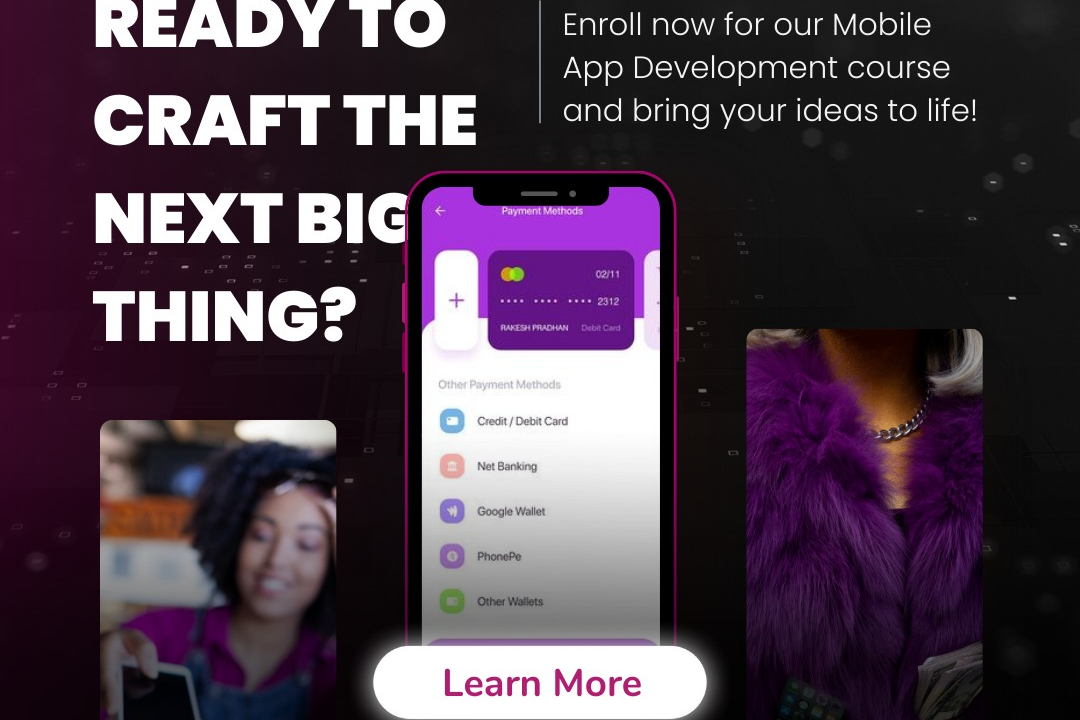Even Or Odd Number Program In Php
An even or odd number program in PHP is a basic script designed to determine whether a given number
Even Or Odd Number Program In Php
An even or odd number program in PHP serves as an essential foundational exercise that helps beginners grasp core programming concepts such as conditional statements, input handling, and the use of operators. By learning to determine whether a number is even or odd, learners develop problem-solving skills that are applicable to more complex logic and algorithms. This program also acts as a stepping stone toward understanding control flow in PHP, making it a useful practical example for those starting their coding journey and preparing for real-time projects in web development.
To Download Our Brochure: https://www.justacademy.co/download-brochure-for-free
Message us for more information: +91 9987184296
An even or odd number program in PHP serves as an essential foundational exercise that helps beginners grasp core programming concepts such as conditional statements, input handling, and the use of operators. By learning to determine whether a number is even or odd, learners develop problem solving skills that are applicable to more complex logic and algorithms. This program also acts as a stepping stone toward understanding control flow in PHP, making it a useful practical example for those starting their coding journey and preparing for real time projects in web development.
Course Overview
The ‘Even or Odd Number Program in PHP’ course provides a concise introduction to PHP programming by teaching how to determine if a number is even or odd. Through practical examples and real-time projects, learners will understand input handling, conditional statements, and basic logic necessary for web development. This course is ideal for beginners aiming to build a strong foundation in PHP with hands-on experience.
Course Description
Learn how to determine if a number is even or odd using PHP in this hands-on course. Through practical coding exercises and real-time projects, you'll grasp the fundamentals of PHP conditionals and input handling, building a solid base for web development.
Key Features
1 - Comprehensive Tool Coverage: Provides hands-on training with a range of industry-standard testing tools, including Selenium, JIRA, LoadRunner, and TestRail.
2) Practical Exercises: Features real-world exercises and case studies to apply tools in various testing scenarios.
3) Interactive Learning: Includes interactive sessions with industry experts for personalized feedback and guidance.
4) Detailed Tutorials: Offers extensive tutorials and documentation on tool functionalities and best practices.
5) Advanced Techniques: Covers both fundamental and advanced techniques for using testing tools effectively.
6) Data Visualization: Integrates tools for visualizing test metrics and results, enhancing data interpretation and decision-making.
7) Tool Integration: Teaches how to integrate testing tools into the software development lifecycle for streamlined workflows.
8) Project-Based Learning: Focuses on project-based learning to build practical skills and create a portfolio of completed tasks.
9) Career Support: Provides resources and support for applying learned skills to real-world job scenarios, including resume building and interview preparation.
10) Up-to-Date Content: Ensures that course materials reflect the latest industry standards and tool updates.
Benefits of taking our course
Functional Tools
1 - Text Editor or Integrated Development Environment (IDE): Students use a text editor like Sublime Text, VS Code, or an IDE such as PHPStorm to write and edit their PHP scripts. These tools offer syntax highlighting, code suggestions, and debugging features that make coding easier and more efficient. They help beginners learn proper coding practices by providing a user friendly interface, reducing errors, and enabling quick testing of code snippets.
2) Local Server Environment (XAMPP/WAMP/LAMP): To run PHP code locally on their computer, students utilize local server environments like XAMPP, WAMP, or MAMP. These tools package Apache, PHP, and MySQL, allowing students to simulate a web server environment without needing an actual server. This setup enables them to execute PHP scripts, view outputs in web browsers, and understand server side processing in a controlled environment.
3) Web Browser: A web browser such as Chrome, Firefox, or Edge serves as the front end interface for viewing PHP program outputs. After executing PHP scripts through the local server, students refresh their browser to see the results of their code. Browsers help in debugging visual issues and testing how the output appears on different platforms, giving practical insights into user experience.
4) Basic Knowledge of Command Line Interface (CLI): For some learners, especially those working on advanced configurations or troubleshooting, familiarity with CLI tools like Terminal or Command Prompt can be beneficial. These allow running PHP scripts directly, managing server environments, and understanding underlying processes. Though not mandatory for beginners, CLI skills help streamline development workflows and troubleshooting.
5) PHP Documentation and Online Resources: Access to official PHP documentation, tutorials, forums, and community support sites like Stack Overflow provides students with detailed explanations, example codes, and solutions to common issues. These tools promote self learning, troubleshooting, and understanding of PHP syntax and logic, reinforcing the concepts learned during the course.
6) Version Control Systems (Optional): For more advanced learners or those interested in collaborative projects, tools like Git and GitHub are used to track changes, manage code versions, and collaborate remotely. While not essential for a basic program like the even or odd number check, understanding version control prepares students for real world software development practices.
7) Testing and Debugging Tools: Built in tools within IDEs or standalone applications like Xdebug help identify and fix errors efficiently. These tools provide breakpoint debugging, variable inspection, and step by step code execution, essential for troubleshooting issues that may arise during script development. They deepen students’ understanding of program flow and error handling.
8) Educational Platforms and Training Modules: Structured training environments provided by JustAcademy may include interactive coding platforms, quizzes, and practice exercises. These tools facilitate guided learning, immediate feedback, and skill assessment, ensuring students grasp fundamental concepts of PHP programming through hands on experience.
9) Cloud based IDEs and Sandbox Environments (Optional): For remote learning or collaborative projects, cloud IDEs like Codeanywhere or Replit allow students to write, run, and share code online without local setup. These tools promote accessibility, real time collaboration, and ease of access for learners regardless of their hardware limitations.
10) Collaboration and Feedback Tools: Platforms like Google Drive or educational LMS systems enable students to share their code, receive instructor feedback, and collaborate with peers. These tools foster a community learning environment, encourage peer review, and help improve coding skills through constructive criticism and shared knowledge.
11 - Database Management Tools: Since PHP is often used in conjunction with databases, tools like phpMyAdmin or MySQL Workbench are essential for managing databases. Students can create, modify, and query databases to understand backend data handling, which is crucial for real time project development involving data storage and retrieval.
12) Code Linters and Formatters: Tools such as PHP_CodeSniffer or Prettier help ensure code adheres to best practices and consistent formatting standards. These tools assist students in writing clean, readable, and maintainable code, which is vital when working on larger projects or collaborating with others.
13) API Testing Tools: For courses involving integration with external services, tools like Postman or Insomnia allow students to test REST APIs and ensure their PHP applications can communicate effectively with third party services or internal APIs.
14) Security Testing Tools: To develop secure PHP applications, students can use tools like OWASP ZAP or Burp Suite to identify vulnerabilities and learn best security practices. Incorporating security considerations is critical in real time projects that handle sensitive data.
15) Learning Management System (LMS): If JustAcademy offers a dedicated LMS platform, it provides structured course content, progress tracking, assessments, and discussion forums. This environment fosters organized learning, easy access to resources, and continuous feedback.
16) Continuous Integration/Deployment (CI/CD) Tools (Advanced): For students progressing towards professional development environments, tools like Jenkins or GitHub Actions enable automated testing and deployment pipelines, preparing them for real world development workflows.
17) Containerization Platforms (Advanced): Docker allows students to create consistent development environments, ensuring that their PHP applications run seamlessly across different machines and deployment environments, illustrating modern DevOps practices.
18) Code Snippet Sharing Platforms: Tools such as Gist or Pastebin facilitate quick sharing of code snippets, enabling students to collaborate, showcase solutions, or seek help from peers and instructors efficiently.
19) Performance Monitoring Tools: Using profiling tools like XHProf or Blackfire helps students analyze their code’s performance, identify bottlenecks, and optimize execution speed, which is essential in developing scalable real time applications.
20) Community and Networking Platforms: Engaging with developer communities on platforms like GitHub, Stack Overflow, or Reddit allows students to stay updated with best practices, contribute to open source projects, and build professional networks relevant to PHP development.
These additional tools and resources, integrated into the learning ecosystem at JustAcademy, empower students with practical skills, industry standard workflows, and a comprehensive understanding of PHP programming in real world scenarios.
Browse our course links : https://www.justacademy.co/all-courses
To Join our FREE DEMO Session:
This information is sourced from JustAcademy
Contact Info:
Roshan Chaturvedi
Message us on Whatsapp:
Email id: info@justacademy.co












